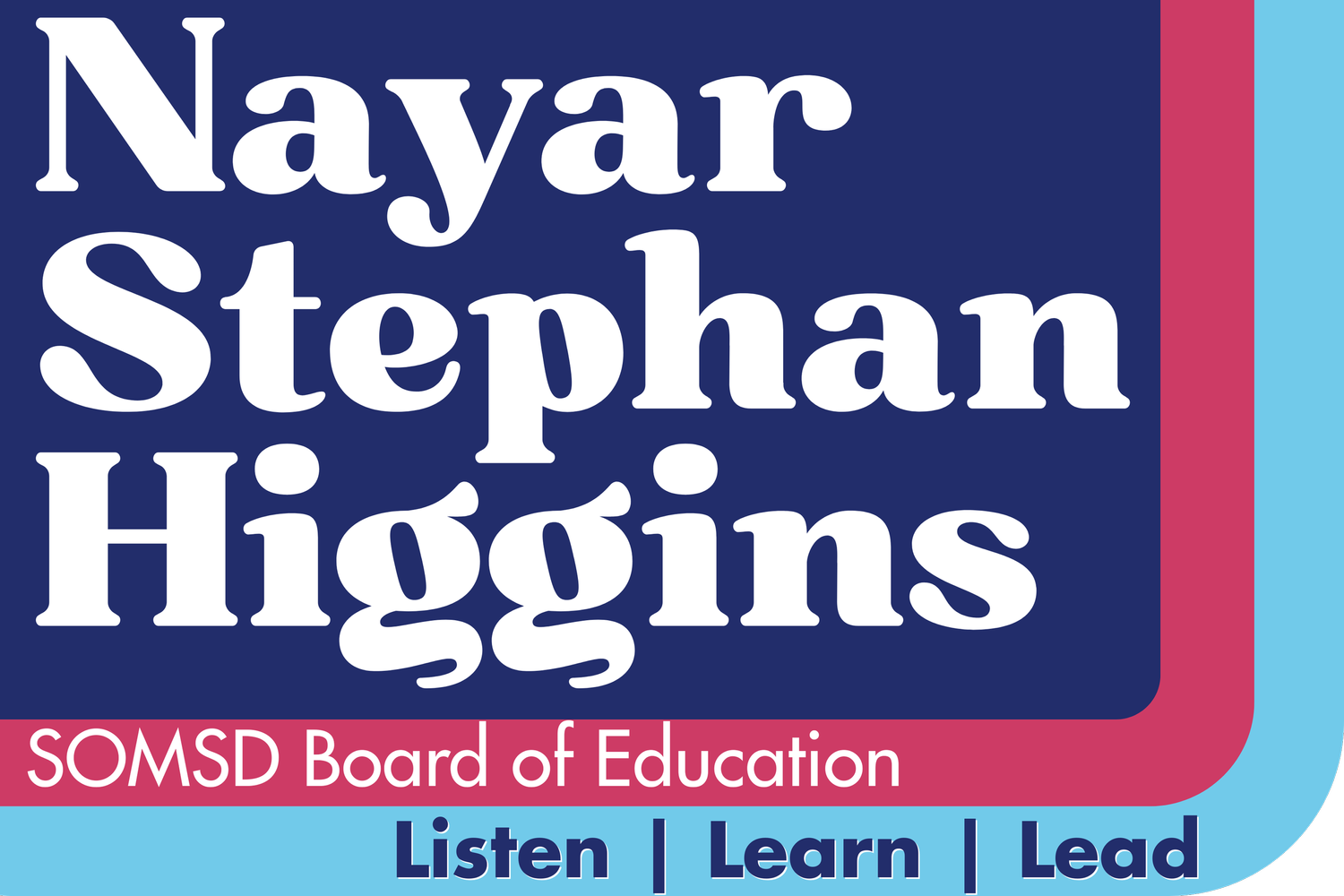Year 5: Intentional Integration Initiative
LEARN MORE about the Intentional Integration Initiative on November 12th at 7pm at Columbia High School! The Community Coalition on Race is hosting a forum to help new caregivers in the district understand what it is, it’s impact, and the vision for the future.
SOMSD III Data and Reports by The Alves Group
Our Values and Our Commitment to Our Future Citizens
We believe the Intentional Integration Initiative (III) reflects our community’s values and commitment to diversity, equity and inclusion, and is an important aspect of our District’s vision to develop children into thoughtful, open-minded, caring young adults. The III strengthens opportunities for every student in our district by ensuring equitable access to resources, and it creates classrooms where students learn alongside peers from all parts of our community. Research shows that diverse learning environments foster critical thinking, reduce bias, and better prepare all students to thrive in today’s world.
As candidates for the South Orange and Maplewood School District Board of Education, we are guided by the following principles:
We will uphold the fundamental purposes of integration as an integral commitment to the youth of South Orange and Maplewood.
We will collaborate with the Alves Educational Consultants Group (Alves Group), the experts hired by the District to manage the placement algorithm, in implementing any modifications to III.
We will ensure that placement and transfer processes take the needs of all children and families into account, and do not privilege parents with the knowledge and resources to navigate the system above those who do not.
The III will be transparent, so that parents, realtors, and other community members understand how it works. We will encourage the District to hold annual town halls to explain to new residents why we have an integration initiative, its history in South Orange and Maplewood schools, and how III is structured and functions..
As with any program, the III can be improved. If elected, we will seek to make improvements to the III in line with the guiding principles outlined above. One modification we recommend the Board should consider in consultation with Alves Group is using family-reported income and education data rather than the 2019 American Communities Survey data currently used to classify families based on socioeconomic status, provided that such a change provides more reliable information.
We do not support increasing the variance—the allowable range of socioeconomic balance in school placements—because it would undermine integration without offering any real benefits to families. At the August 18, 2025 Rutgers Implementation Committee meeting, Alves Group shared modeled increases from the current 5% maximum variance to 7.5% and 10%. Their analysis found that increased variance will not materially reduce long bus distances, nor increase the number of students going to their closest school. What it would do, however, is weaken socioeconomic diversity in our schools achieved through the current tiered placement system. This would ultimately set us down the path of resegregating our schools without providing any meaningful benefit to students and families, reversing years of work done to create equitable outcomes for all students.
We recognize the District’s need to accommodate hardships in a fair and transparent manner. Hardship policies must be clearly defined to constitute what a hardship is, provide a level playing field for families, and be reviewed by the Alves Group prior to implementation.
As integration progresses, our District must resolve transportation issues that have plagued our District year over year and are a pain point for many families. Please see our platform for more information on our position on transportation.
III is just one step, though an important one, in realizing better outcomes for all students. The benefits of integration will be more fully realized in the medium term with the right academic and social-emotional supports that improve academic outcomes and reduce bullying, and in the long term when our children become caring, smart leaders of the next generation.

